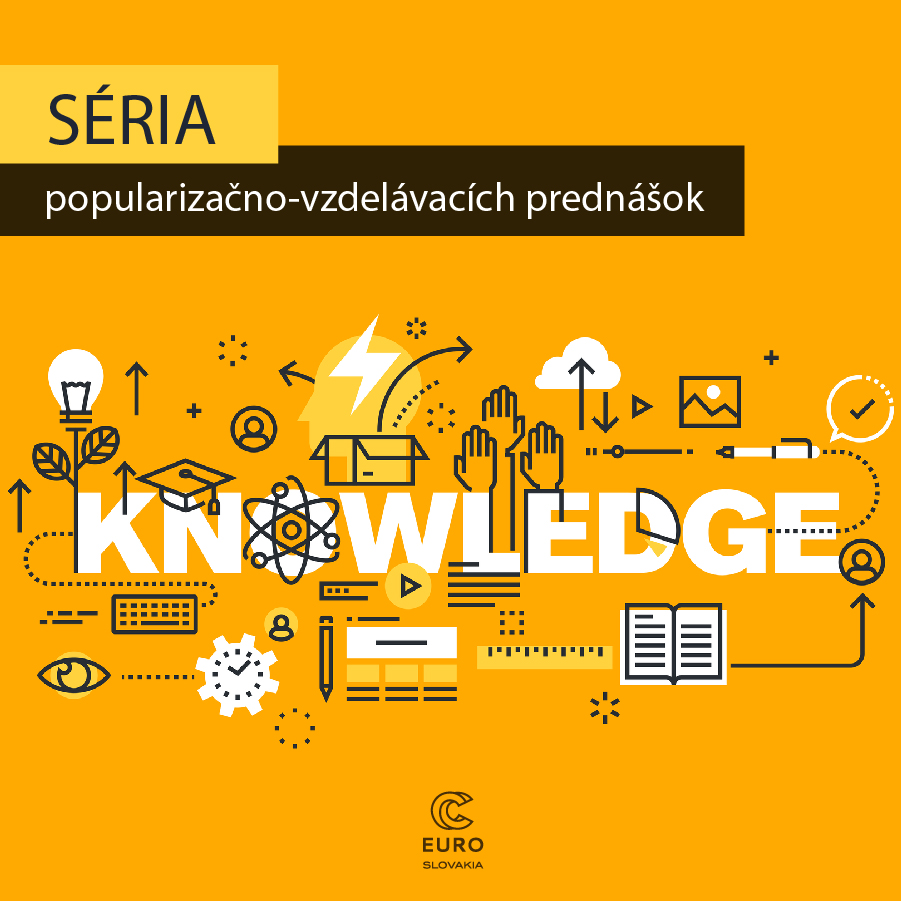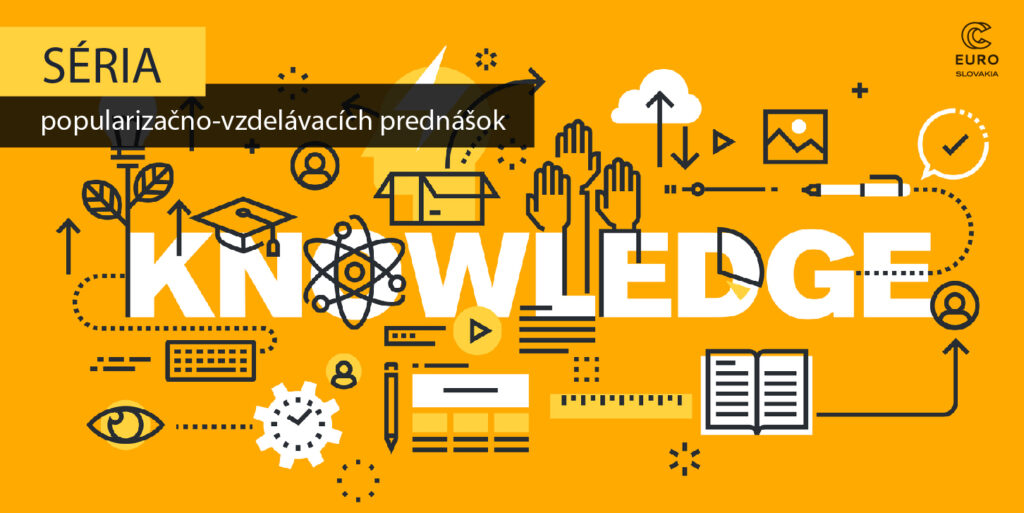Supercomputing in science - starting soon!
Join us to talk about supercomputing in science in an informal atmosphere with coffee and refreshments! We have prepared a series of interesting lectures on high-performance computing – there is no registration fee, but the registration is required.
National Competence Centre for HPC organizes a series of lectures on why scientists need supercomputers and high-performance computing. This is a joint activity of the NCC and the Computer museum of the Centre of Operations, SAS.
Every user realizes that the use of HPC in various disciplines is a multidisciplinary issue. Not only is it necessary to have expertise in a specific scientific field, but further knowledge of modeling and simulation methods, programming basics, operating systems and computer architecture is required. The first lectures will therefore cover mostly HPC basics, preparing the participants for later presentations, in which experts from the SAS and the Slovak universities will speak in more detail about the use of HPC in various scientific disciplines. Our goal is to compensate to some extent what is often missing in the curricula of the universities and to try to deliver comprehensive information in the context of the global development.
The lectures are suitable for students, but also for people who want to learn more about HPC technologies, their development and utilization in science. Open, informal discussions with the invited speakers will be an important part of the events taking place in the SAS lecture hall within the Patrónka area. It will also be possible to watch the lectures online via YouTube. Attendance is free, but all hygiene measures and rules in connection with the Covid-19 pandemic have to be observed. For in-person attendance it is also necessary to register on the website http://itkurzy.sav.sk/prednasky.
We are very pleased that our invitation was accepted by interesting speakers and we are looking forward to inspiring lectures and stimulating discussions in a relaxed atmosphere with coffee and refreshments!
First lectures schedule and registration:
- September 29, 17:00 - Current trends and vision of HPC development in Slovakia
Filip Holka (COO SAS), Lukáš Demovič (COO SAS)
- 12. októbra o 17:00 – Computer simulations and calculations as an essential tool in science
Pavel Neogrády (Faculty of Natural Sciences, Comenius University)
- 26. októbra o 17:00 – Development of technology and computer architecture – from 1-processor serial computers to supercomputers
Martin Šperka (Computer Museum, COO SAS)
If you are interested in a lecture on a specific topic, but did not find it in our schedule, do not hesitate to contact us!
Don't miss out on the other National Competence Centre for HPC activities(lectures, free IT courses, hackathons, events) - follow us on social networks and subscribe to our newsletter.
More information about the series
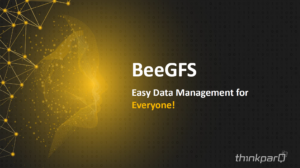 BeeGFS in Practice — Parallel File Systems for HPC, AI and Data-Intensive Workloads 6 Feb - This webinar introduces BeeGFS, a leading parallel file system designed to support demanding HPC, AI, and data-intensive workloads. Experts from ThinkParQ will explain how parallel file systems work, how BeeGFS is architected, and how it is used in practice across academic, research, and industrial environments.
BeeGFS in Practice — Parallel File Systems for HPC, AI and Data-Intensive Workloads 6 Feb - This webinar introduces BeeGFS, a leading parallel file system designed to support demanding HPC, AI, and data-intensive workloads. Experts from ThinkParQ will explain how parallel file systems work, how BeeGFS is architected, and how it is used in practice across academic, research, and industrial environments.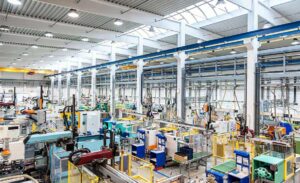 When a production line knows what will happen in 10 minutes 5 Feb - Every disruption on a production line creates stress. Machines stop, people wait, production slows down, and decisions must be made under pressure. In the food industry—especially in the production of filled pasta products, where the process follows a strictly sequential set of technological steps—one unexpected issue at the end of the line can bring the entire production flow to a halt. But what if the production line could warn in advance that a problem will occur in a few minutes? Or help decide, already during a shift, whether it still makes sense to plan packaging later the same day? These were exactly the questions that stood at the beginning of a research collaboration that brought together industrial data, artificial intelligence, and supercomputing power.
When a production line knows what will happen in 10 minutes 5 Feb - Every disruption on a production line creates stress. Machines stop, people wait, production slows down, and decisions must be made under pressure. In the food industry—especially in the production of filled pasta products, where the process follows a strictly sequential set of technological steps—one unexpected issue at the end of the line can bring the entire production flow to a halt. But what if the production line could warn in advance that a problem will occur in a few minutes? Or help decide, already during a shift, whether it still makes sense to plan packaging later the same day? These were exactly the questions that stood at the beginning of a research collaboration that brought together industrial data, artificial intelligence, and supercomputing power.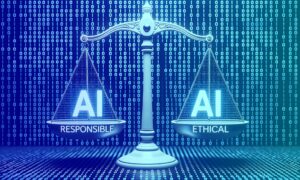 Who Owns AI Inside an Organisation? — Operational Responsibility 5 Feb - This webinar focuses on how organisations can define clear operational responsibility and ownership of AI systems in a proportionate and workable way. Drawing on hands-on experience in data protection, AI governance, and compliance, Petra Fernandes will explore governance approaches that work in practice for both SMEs and larger organisations. The session will highlight internal processes that help organisations stay in control of their AI systems over time, without creating unnecessary administrative burden.
Who Owns AI Inside an Organisation? — Operational Responsibility 5 Feb - This webinar focuses on how organisations can define clear operational responsibility and ownership of AI systems in a proportionate and workable way. Drawing on hands-on experience in data protection, AI governance, and compliance, Petra Fernandes will explore governance approaches that work in practice for both SMEs and larger organisations. The session will highlight internal processes that help organisations stay in control of their AI systems over time, without creating unnecessary administrative burden.
